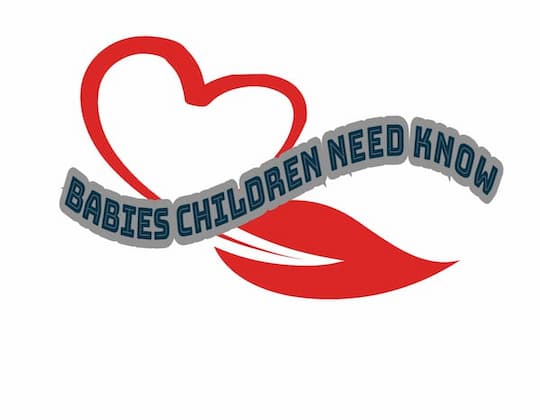Helping Your Baby Learn and Develop
As any parent knows, babies are very different from each other at first, and it’s challenging to know what to do to help them learn and develop the most effective.
While every baby develops at his or her own pace, three specific things can be done to ensure that your baby’s development doesn’t fall behind, or even get ahead of the curve.
Pay close attention to these three simple steps and you can provide the right environment for your child to thrive throughout infancy and childhood!
1) Remember it’s all about play
Playing with your baby is a lot of fun for you, but it’s even more educational for them.
Never underestimate how much babies learn from interacting with their world. And research shows that one of the most effective ways of learning in infancy is through playful social engagement (Blundell, 2008).
That’s why spending lots of time playing with your baby — no matter what age they are — can help them develop the skills they need to be successful later on in life.
2) Have open communication with your baby
If you have a baby, or if you’re considering having one in the future, chances are good that you’re eager to help your child succeed from as early an age as possible.
While your contribution as a parent is undoubtedly valuable, your child will develop into a confident and capable person regardless of what you do—or don’t do. Here are some ways for parents of babies to foster their children’s development:
- Have open communication with them.
- Give them positive attention.
- Spend time playing with them.
- The best way to make sure your child develops well into adulthood is to give him or her all of these things every day.
Here are three simple steps that any parent can take toward giving his or her child these essentials:
1) Pay attention;
2) Be supportive;
3) Play games and engage actively with your little one regularly.
By working to become an engaging parent every day, your young child may learn how to interact better with others and be less reliant on external validation later in life.
A solid foundation in childhood builds a strong platform for everything else that happens over a lifetime. Make sure you set yourself upright!
3) Baby development products are more than just toys
they can help your baby’s physical, cognitive, language, and social development.
While babies are born with a set of innate abilities, they develop these abilities at different rates; every baby is different. So it’s important to know what kinds of milestones you should be looking for at each stage of development.
Then you can choose or create resources that help foster your baby’s success. The first steps in helping your baby learn and develop include:
(1) knowing their individual needs;
(2) understanding how babies learn;
(3) learning about some basic developmental stages so you have a general idea of what to expect during major life events such as sitting up, crawling, walking, talking, etc.;
and
(4) evaluating developmental resources based on safety and quality control. Here are a few ideas to get you started!


Comments
Post a Comment